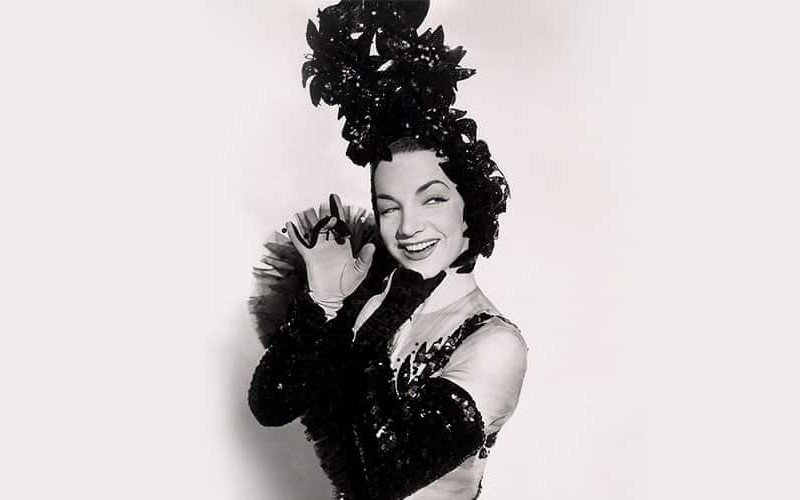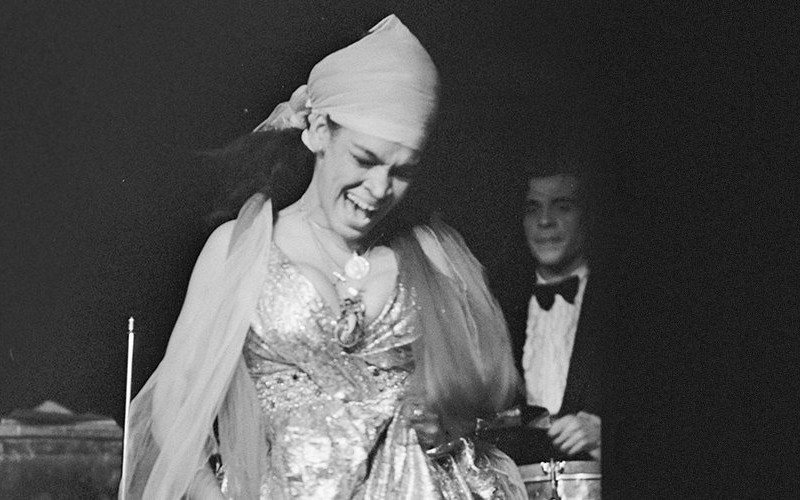The Unseen Stars: Latinas Shaping U.S. Space Exploration
Ever wondered who’s behind some of NASA’s most groundbreaking missions? Surprise! They’re Latinas.
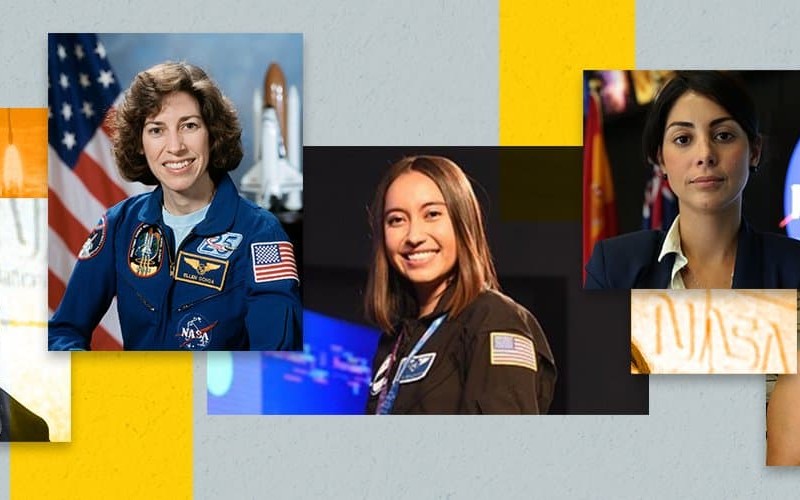
In the vast expanse of space, where galaxies twirl and stars shimmer, there’s a human story that is as captivating as the universe itself. This story speaks of incredible courage, unyielding determination, and groundbreaking achievements. It’s the story of Latinas in the U.S. Space Program. From blasting off into the cosmos to developing the technology that makes space exploration possible, Latinas have been shaping our journey to the stars for decades, turning science fiction into reality.
Let’s start with a superstar, Dr. Ellen Ochoa. Can you imagine the thrill of soaring through the sky, breaking through Earth’s atmosphere, and catching your first glimpse of the boundless universe? Well, Ochoa did more than just imagine. She lived it.
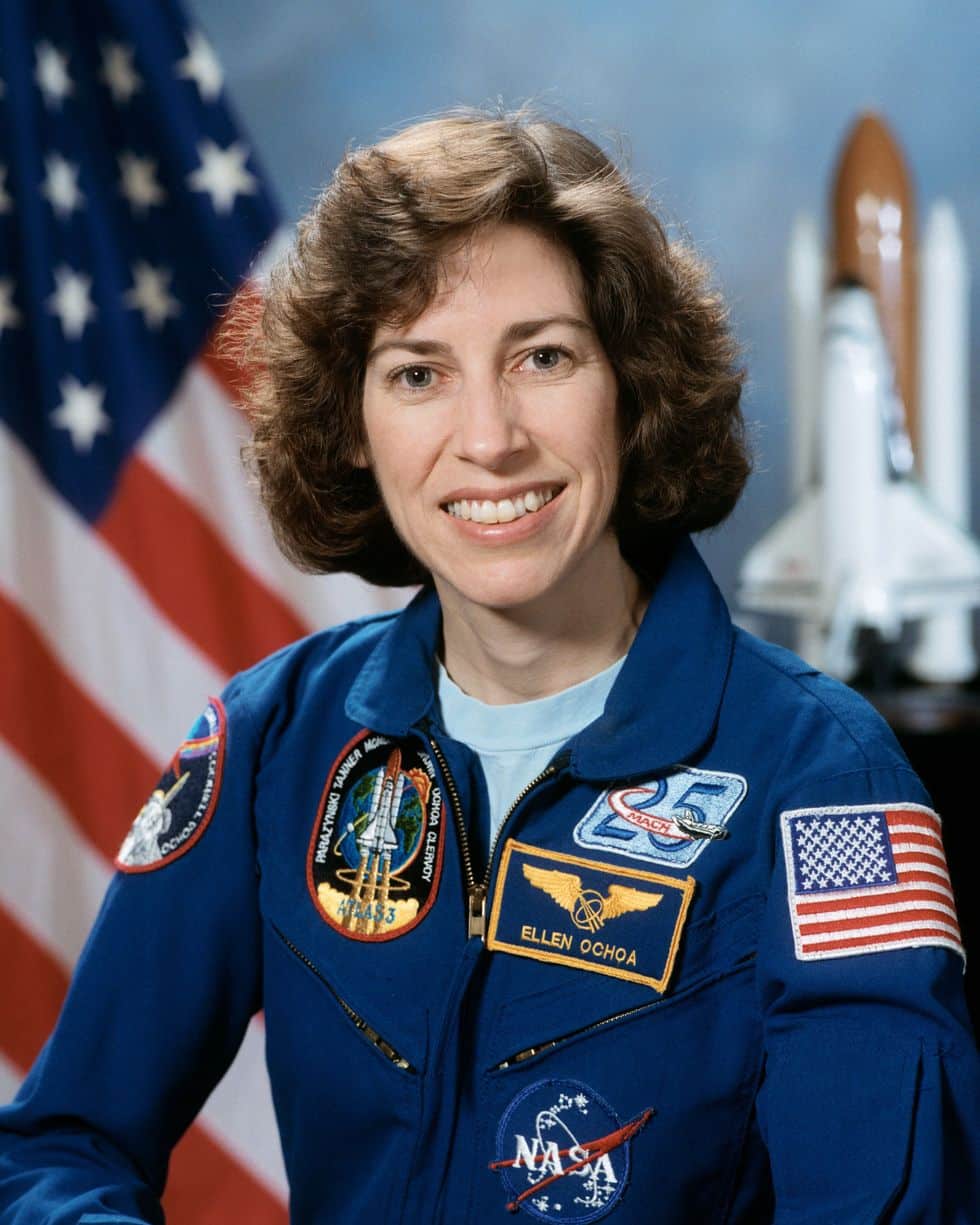
via Wikimedia Commons
In 1993, she buckled into the Discovery space shuttle, her heart pounding with anticipation, becoming the first Latina woman to reach space. With nearly 1,000 hours logged in space over her dazzling career, Ochoa’s journey is nothing short of inspiring.
Yet, the awe-inspiring impact of Latinas stretches far beyond the astronaut suit. Did you know that some of the most remarkable contributions come from behind the scenes, in labs, workshops, and offices?
Take Adriana Ocampo, for instance. Born in Colombia, she’s a planetary geologist and a key player at NASA headquarters. Ocampo has had her hands in some of NASA’s most intriguing missions, including Juno to Jupiter and New Horizons to Pluto.
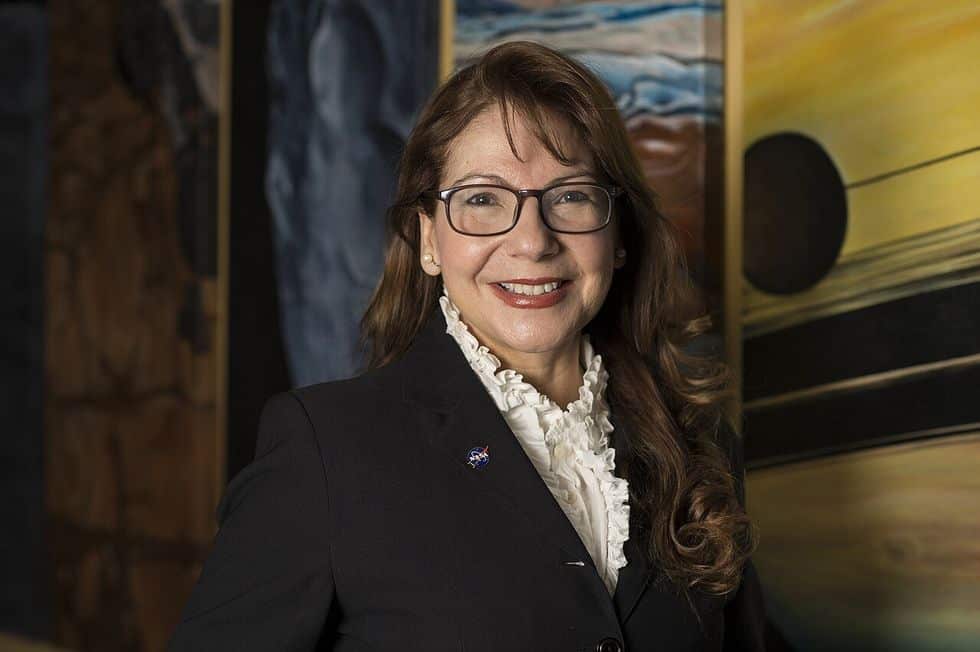
via Wikimedia Commons
Ocampo’s work hasn’t gone unnoticed. She has been lauded with awards like the Woman of the Year in Science from Comisión Femenil and named one of the most important women in science by Discover magazine. There’s even an asteroid named in her honor. Now that’s monumental! Through her tireless efforts, she’s living proof that there’s more than one way to reach the stars and unlock the secrets of the cosmos.
Then there’s Monsi Roman, a Puerto Rican scientist at NASA’s Marshall Space Flight Center who helped NASA build part of the International Space Station and is currently the Chief Microbiologist for the Environmental Control and Life Support System project who determines how microbes will behave under distinct situations and in different locations.

The stellar journey of Latinas in space doesn’t end with the trailblazers of the past; it continues today with a new generation of space innovators. Katya Echazarreta, a young Mexican-American aerospace engineer at NASA’s Armstrong Flight Research Center and a first-generation college student, turned her childhood fascination with space into a thriving career, now playing a critical role in developing the technology that will power future space missions.
Meanwhile, Diana Trujillo, a Colombian aerospace engineer, has been making waves as the flight director for the Mars Perseverance rover mission. Trujillo’s journey from immigrant to a key figure in one of NASA’s most ambitious missions serves as an inspiration for countless aspiring Latina astronauts and engineers. These women, among many others, are not just participants in the U.S. space program; they’re shaping its future, proving that the impact of Latinas in space is not just history—it’s ongoing, it’s powerful, and it’s absolutely out of this world.

via Wikimedia Commons
But perhaps the most significant impact of Latinas in the U.S. space program lies in the hope and inspiration they provide for the next generation. They’re blazing a trail for young girls everywhere, showing them that the stars aren’t out of reach and that they, too, can be a part of the awe-inspiring journey to the cosmos. The sky isn’t the limit anymore; the universe is.
As we continue to reach for the stars, we do so on the shoulders of these remarkable women. Here’s to more Latinas lighting up the cosmos!


